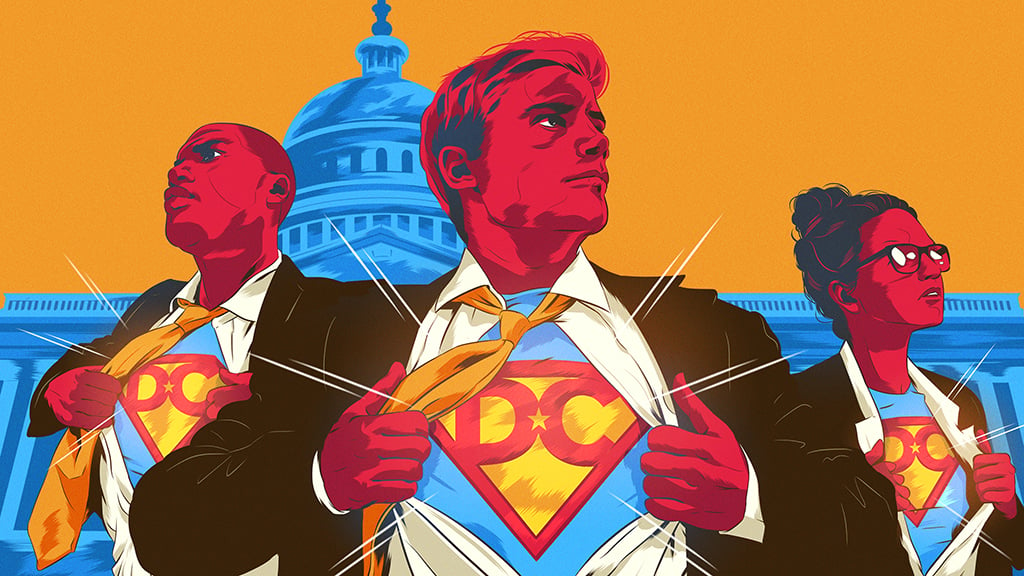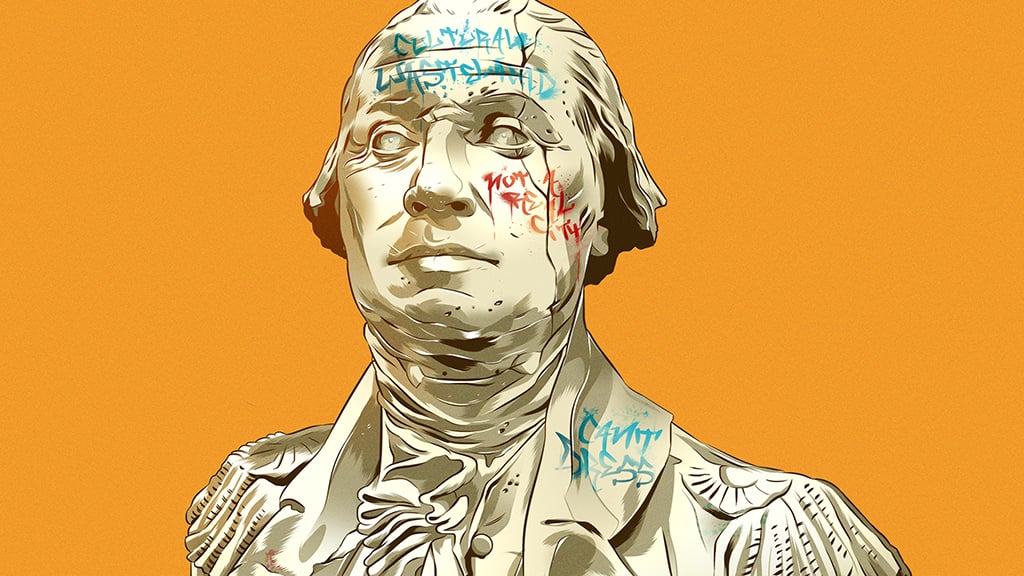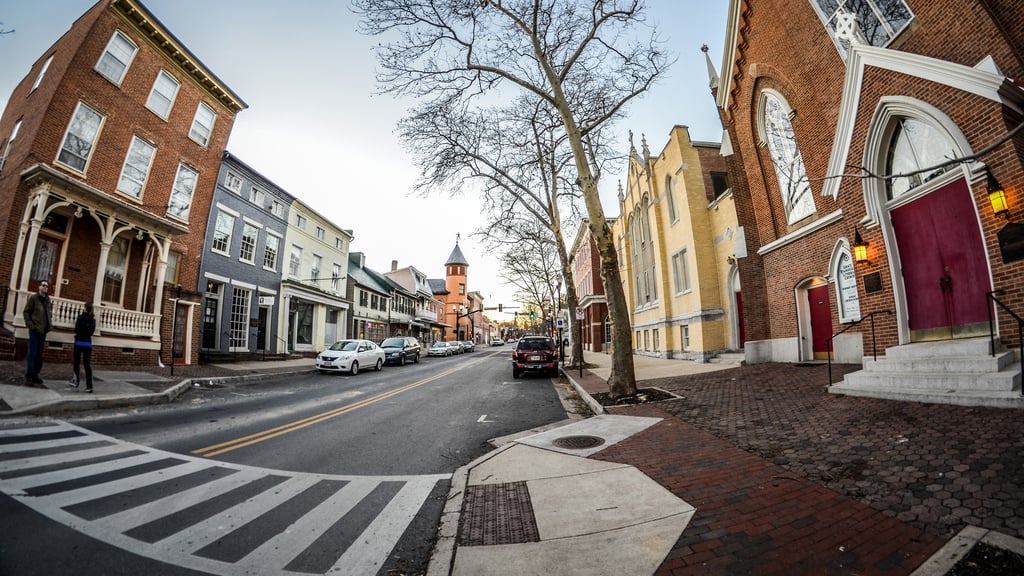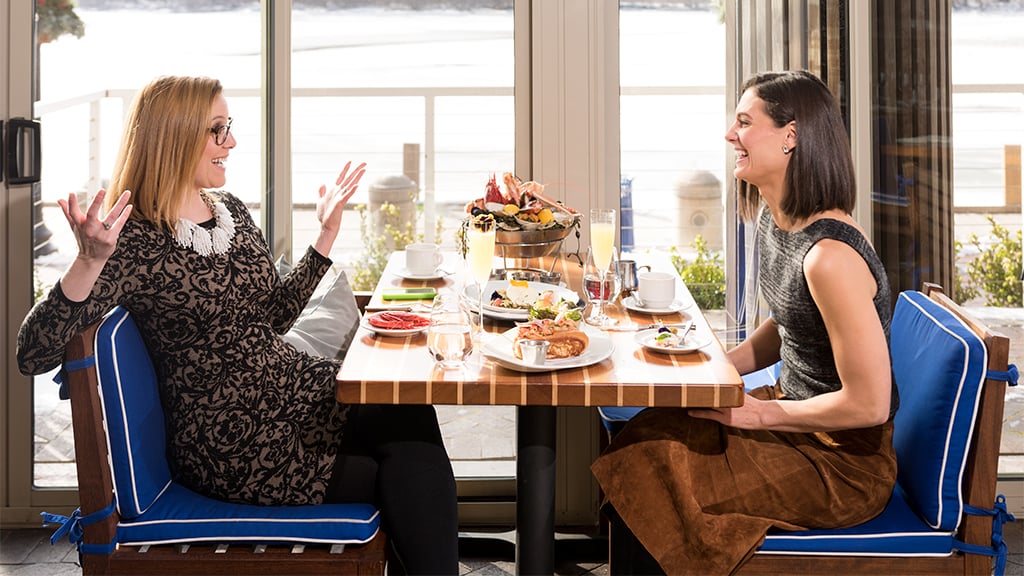The Charge: Washington is full of nerds, not a place where artistic types flourish.
The Defense: The power and politics here inspire art.
When I travel the country for readings and introduce myself as a Washington, DC, poet—or even just praise our arts scene—I’m often met with polite skepticism: “Don’t you get tired of the politics?” “How do you find inspiration?”
I’ve never believed that politics crowds out poetry—to the contrary. Case in point: In 2003, as First Lady Laura Bush planned to host a poetry symposium, a national call went out for antiwar verse, which would be delivered to the White House as a rebuff to the administration’s military action in Iraq. Mrs. Bush postponed. On February 12, the night of the canceled White House event, a contingent of protesters, almost 200 strong, gathered for a reading in a Columbia Heights church and coalesced into DC Poets Against the War. By 2008, this group had released two anthologies and launched the Split This Rock festival.
Most artists need day jobs to survive. Here, they can work as a State Department translator, a Voice of America travel agent, or a NASA media officer. Get the right gig and the government offers more security than academic tenure does. Sometimes the federal presence here helps shelter the arts: In 1968, the Patent Office Building was salvaged for what now houses the National Portrait Gallery and Smithsonian American Art Museum. In 2002, the Artomatic festival took over the Environmental Protection Agency’s abandoned offices.
Living in Washington, I’m constantly reminded of how this country’s history is intertwined with its artistic impulses. I can go to the Library of Congress, request a novel, and realize, courtesy of the green ribbon on it, that I’m holding Thomas Jefferson’s personal copy. The Maya Lin whose artwork is currently on display at the Renwick Gallery is the same Maya Lin who designed the Vietnam Veterans Memorial just a mile away. Sculptures at the FDR Memorial evoke photographs taken by artists sponsored by the government during the Great Depression. This confluence of national and creative identities inspires me, in return, to write poetry and prose that engage history.
The ever-rising cost of real estate is of genuine concern for galleries, performance venues, and those needing studio space. But at least Washington promotes a bedrock understanding that access to culture shouldn’t be a function of class. Those big temples of culture may be institutional, but they’re free.
Those who live here experience potent, organic juxtapositions. Consider Shakespeare Theatre Company’s recent revival of the musical Kiss Me, Kate, with its clever Cole Porter lyrics—and problematic misogyny. Now imagine having Supreme Court justice Ruth Bader Ginsburg, champion of women’s rights, seated 16 rows behind you. Having such power in the audience brings the play into sharper focus. Artists see these moments and learn from them; we think through art’s many contexts. I’m not an artist despite living in this town. I’m an artist because of it.
Sandra Beasley (@SandraBeasley on Twitter) is the author of three poetry collections.
This article appears in our Defense of Washington feature in the March 2016 issue of Washingtonian.



















